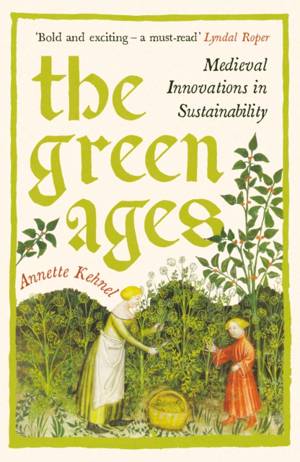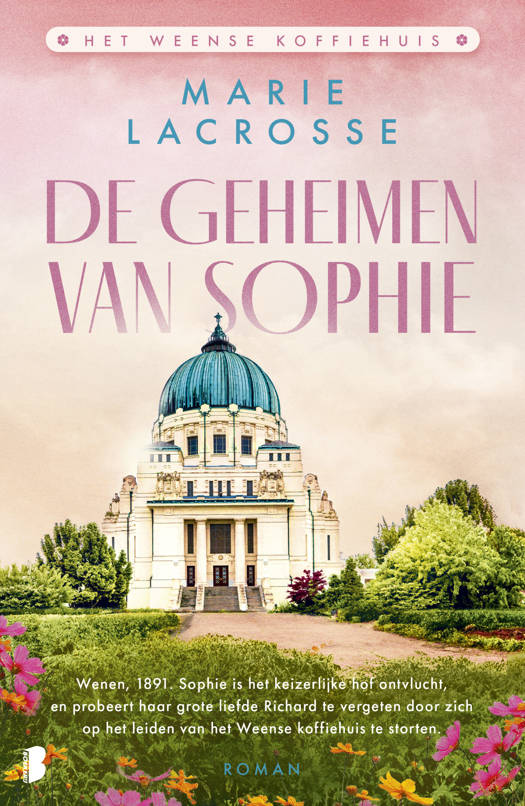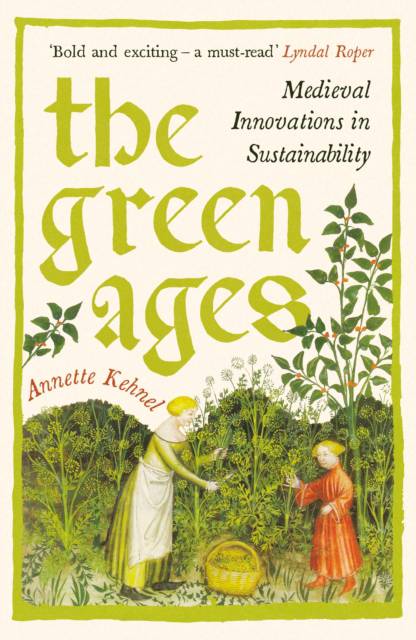
- Afhalen na 1 uur in een winkel met voorraad
- Gratis thuislevering in België vanaf € 30
- Ruim aanbod met 7 miljoen producten
- Afhalen na 1 uur in een winkel met voorraad
- Gratis thuislevering in België vanaf € 30
- Ruim aanbod met 7 miljoen producten
Omschrijving
A fascinating look at the medieval precedents for modern sustainable living
Fishing quotas on Lake Constance. Common lands in the UK. The medieval answer to Depop in the middle of Frankfurt.
These are all just some of the sustainability initiatives from the Middle Ages that Annette Kehnel illuminates in her astounding new book, The Green Ages. From the mythical-sounding City of Ladies and their garden economy to early microcredit banks and rent-a-cow schemes, Kehnel uncovers a world at odds with what we might think of as the typical medieval existence. Pre-modern history is full of inspiring examples and concepts that open up new horizons.
And we urgently need them as today's challenges - finite resources, the twilight of consumerism, growing inequality - threaten what we have come to think of as a modern way of living sustainably. This is a revelatory look at the past that has the power to change our future.
Fishing quotas on Lake Constance. Common lands in the UK. The medieval answer to Depop in the middle of Frankfurt.
These are all just some of the sustainability initiatives from the Middle Ages that Annette Kehnel illuminates in her astounding new book, The Green Ages. From the mythical-sounding City of Ladies and their garden economy to early microcredit banks and rent-a-cow schemes, Kehnel uncovers a world at odds with what we might think of as the typical medieval existence. Pre-modern history is full of inspiring examples and concepts that open up new horizons.
And we urgently need them as today's challenges - finite resources, the twilight of consumerism, growing inequality - threaten what we have come to think of as a modern way of living sustainably. This is a revelatory look at the past that has the power to change our future.
Specificaties
Betrokkenen
- Auteur(s):
- Vertaler(s):
- Uitgeverij:
Inhoud
- Aantal bladzijden:
- 352
Eigenschappen
- Productcode (EAN):
- 9781800816251
- Verschijningsdatum:
- 8/08/2024
- Uitvoering:
- Hardcover
- Afmetingen:
- 164 mm x 241 mm
- Gewicht:
- 558 g

Alleen bij Standaard Boekhandel
+ 69 punten op je klantenkaart van Standaard Boekhandel
Beoordelingen
We publiceren alleen reviews die voldoen aan de voorwaarden voor reviews. Bekijk onze voorwaarden voor reviews.










